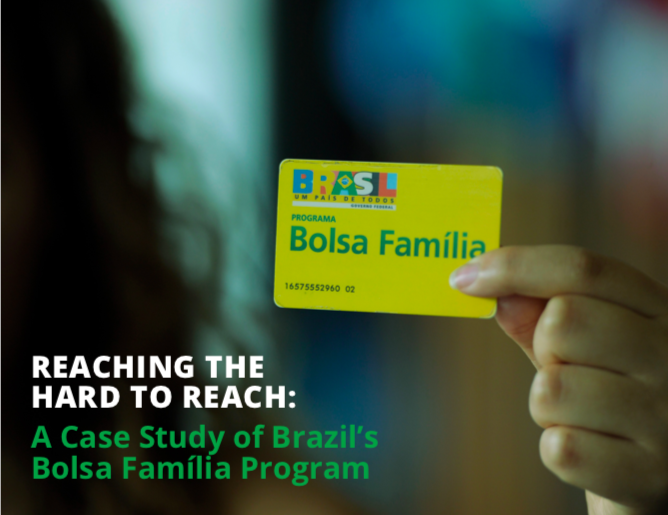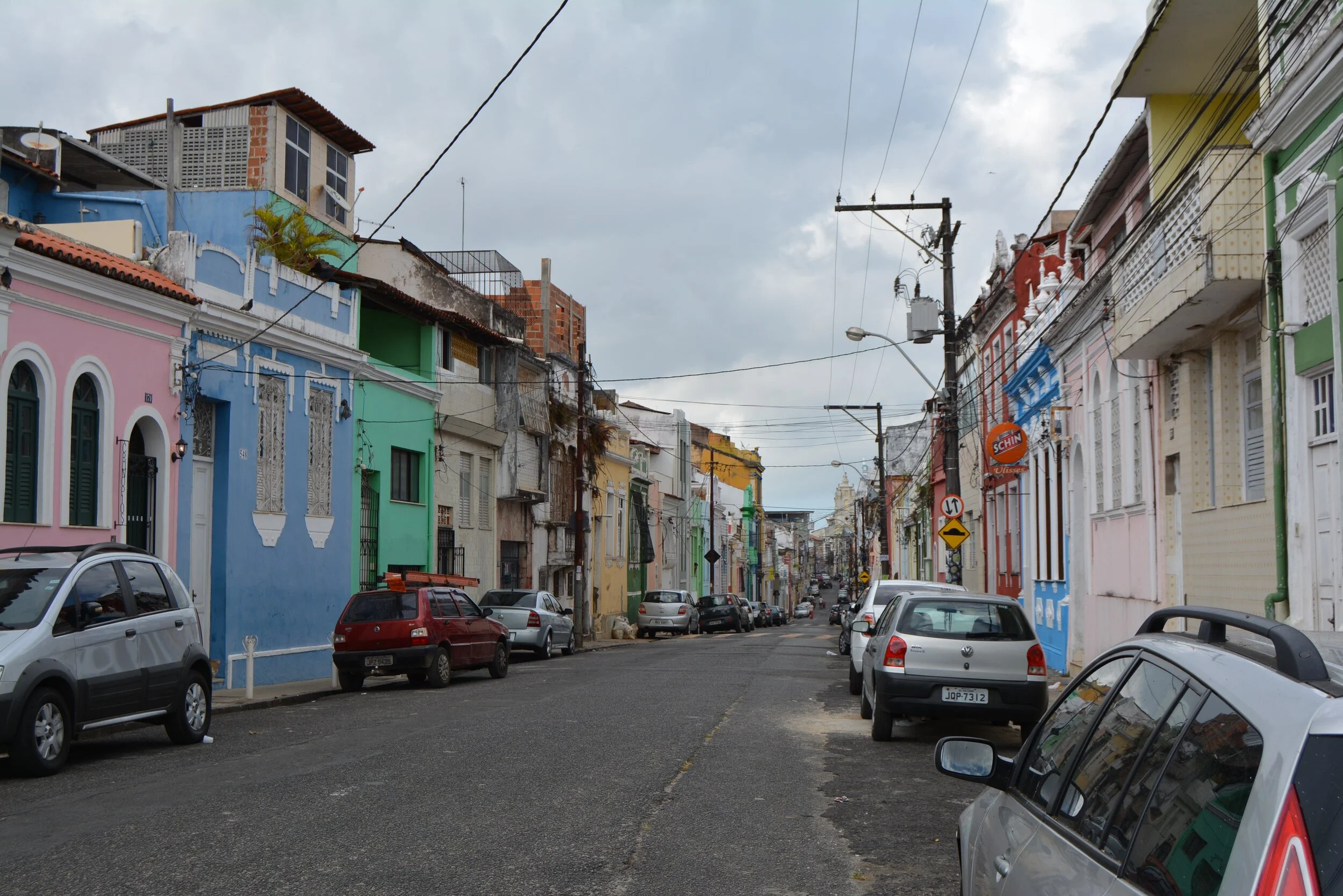Brazil
Despite having experienced years of robust economic growth, Brazil’s levels of social and economic inequality remain very high. Poverty in Brazil is chronic, described by policymakers as “intergenerational poverty” – cyclical poverty in which the very poor tend to stay very poor. In 2003, the Bolsa Família program (BFP), a conditional cash transfer program, was launched by the central government and implemented and operated by Brazil’s 5570 municipalities. Cash benefits are paid directly to each family through an electronic payment system. In order to withdraw their monthly cash transfers, beneficiaries must demonstrate that they (and their family members) have met the program’s health and education conditionality’s. The BFP continually expanded its coverage, reaching about one-quarter of Brazil’s population or 13.8 million families or about 48 million people by 2015.
RESEARCHERS
Nicoli Dos Santos
Nicoli Dos Santos was a member of the first Reach Project research cohort which conducted their research on Brazil’s Bolsa Familia Program in 2015. Since completing the Munk School of Global Affair’s Foundational Year Program and an Honours B.A. in Health Studies and African Studies, Nicoli has continued her studies at the University of Toronto as a Master of Social Work student. Her research interests include inner city health care delivery; and the relationship between basic income and child welfare and development.
Alexa Waud
Alexa is currently a Masters student at the School for Geography and Environment, University of Oxford. The Reach Project has had a lasting impact on her academic interests and continues to influence her work. Her current dissertation research on the London-based addressing start-up “what3words" explores questions of reach using critical cartography, urban theory, and understandings of digitally mediated space. She is also a research assistant on projects concerning climate justice and climate action in cities.
Nina Da Nóbrega Garcia
Nina Da Nobrega Garcia is currently Director of Business Development at the Brazil-Canada Chamber of Commerce (BCCC) based in Toronto. She holds a Master of Global Affairs (MGA) degree from the Munk School of Global Affairs, University of Toronto, and an Honours Bachelor of Arts in International Relations from the University of Toronto. Nina participated in the first cohort of the Reach Project researching the Bolsa Famila cash-transfer program in Brazil, most specifically travelling to Brasilia, Salvador and São Paulo. Previous to joining the Brazil-Canada Chamber of Commerce, Nina worked as a Research Officer for the Global Justice Lab, as a Consultant for the Open Society Foundation (OSF), and as a Consultant for the Advanced Energy Center (AEC) within MaRS. Nina is Brazilian and speaks fluent Portuguese, Spanish, English and French.


